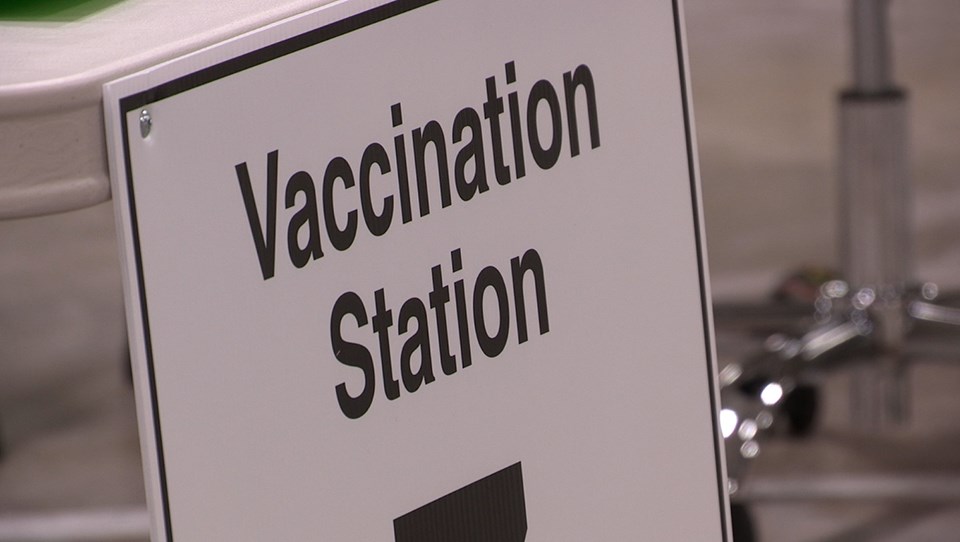While Premier Doug Ford has promised to have 40 per cent of Ontario adults vaccinated with their first dose of COVID-19 vaccine by May 6, it appears Sudbury is one of the communities leading the way in that effort.
As of 4 p.m. on April 26, Public Health Sudbury and Districts (PHSD) reported that 67,314 adults had received their first dose of the COVID-19 vaccine.
Using PHSD population figures for its service area — 196,448 adults — that means that 34.2 per cent of the adults in the complete Sudbury district have received their first dose.
With another nine days to go before the premier’s May 6 goal arrives, it is likely Sudbury could hit his 40-per-cent target by then.
The provincial figures are not as up-to-date as the Sudbury numbers. Based on the Public Health Ontario Surveillance Report, Ontario's official source, roughly 28.8 per cent of adults 18 and older have received their first dose. That figure is likely higher by now based on which website provides more up to date information.
As more and more citizens get their vaccine, many are questioning when it will be considered safe to return to more normal things such as not wearing a mask and spending some in-person face time with friends and family members who have also been vaccinated.
The quick answer is don't stop your pandemic precautions just yet. Health Canada has some answers, but is not too specific. For AstraZeneca, Pfizer and Moderna, second doses of vaccine are recommended. It should also be noted vaccination doesn’t confirm protection immediately; it can take about two weeks to become effective.
For example, with the AstraZeneca vaccine, Health Canada provided insight on how long it takes for immunity to develop after vaccination.
"The AstraZeneca COVID-19 vaccine showed an effectiveness of about 62 per cent in preventing symptomatic COVID-19 disease beginning two weeks after the second dose. This effectiveness rate is based on an analysis of results from participants who had received the two dose regimen that will be used in Canada."
Health Canada's advice for Pfizer BioNTech vaccine was a bit different.
"Based on studies in about 44,000 participants, the Pfizer-BioNTech COVID-19 vaccine was 95-per-cent effective in preventing COVID-19 beginning one week after the second dose.”
The Health Canada advice for the Moderna vaccine was similar, but showed a slightly lower effectiveness rate.
"Based on studies in about 30,000 participants, the Moderna COVID-19 vaccine was 94.1-per-cent effective in preventing COVID-19 beginning two weeks after the second dose."
Advice from the Centers for Disease Control and Prevention in the U.S. is a bit more specific in saying that not everything is known about how effective vaccines will be over the long-term, but it does allow for folks to visit others who have been vaccinated and to resume some of the activities you used to do, before the pandemic changed everything.
The CDC also presented a brief to the Journal of the American Medical Association that said all approved vaccines have been found “to offer some protection” against the Variants of Concern.
In general, the brief also stated that:
-A growing body of evidence suggests that fully vaccinated people are less likely to have asymptomatic infection and potentially less likely to transmit SARS-CoV-2 to others. However, further investigation is ongoing.
-Modeling studies suggest that preventive measures such as mask use and social distancing will continue to be important during vaccine implementation. However, there are ways to take a balanced approach by allowing vaccinated people to resume some lower-risk activities.
Len Gillis is a Local Journalism Initiative reporter at Sudbury.com, covering health care in Northern Ontario. The Local Journalism Initiative is funded by the federal government.
